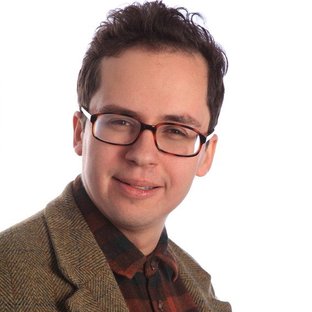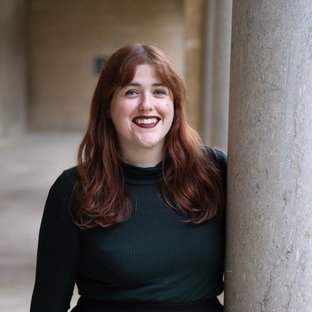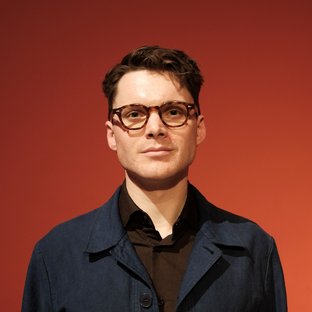Classical Archaeology & Ancient History
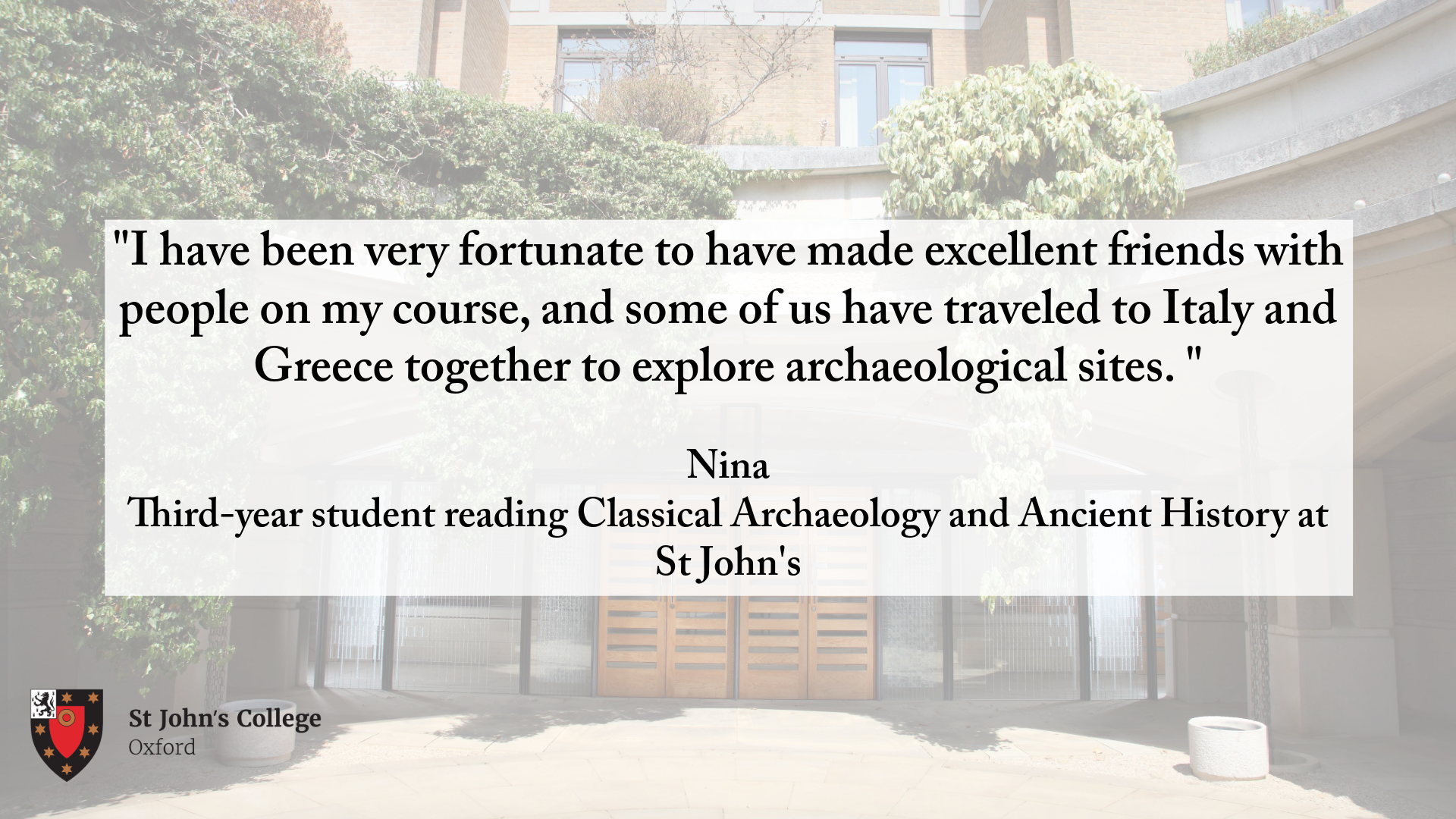
Average intake: 2
- Our students benefit from being part of a university which has the largest concentration of ancient historians and classical archaeologists in the world, as well as taking part in a dynamic interdisciplinary programme that combines the study of the history, archaeology and art of the classical world.
- The course offers the widest breadth of coverage in any UK university. It allows you to study not only the ancient Mediterranean world in the ‘classical’ periods of Greek and Roman history, but also the art and architecture of ancient Egypt, history and archaeology of the Achaemenid empire, Minoan Crete from 3200 BC, Etruscan archaeology in the pre-Roman period, or the period of transition from the ancient to medieval world in Europe and the Near East.
- At St John's, CAAH students are part of a vibrant, sizeable group of students studying the Greek and Roman worlds, and share activities with those reading Ancient and Modern History, and Classics and its other Joint Schools.
- St John's has tutors in both classical archaeology and ancient history. Dr Kantor works on Roman and Hellenistic institutional and social history; Dr Coombe is an expert on Roman visual culture, particularly in the north-west of the Roman Empire. Both teach a wide range of CAAH courses. We also have tutors in classical literature (Dr Emma Greensmith), Greek and Latin languages (Dr Matthew Hosty), and ancient philosophy (Dr Marion Durand), who are always keen to get engaged with CAAH students.
- St John’s is extremely close (literally just over the road) to the four buildings which form the hub for the study of Classical Archaeology and Ancient History at Oxford: the Art, Archaeology and Ancient World Library (the world’s best working library for these subjects); the Ashmolean Museum, which houses important collections of Graeco-Roman and Egyptian art, inscriptions, and coins; the Institute of Archaeology; and the Ioannou Centre for Classical and Byzantine Studies.
- We have a unique link with the Ashmolean Museum, with our teaching post in classical archaeology combined with an assistant curatorship at the Department of Antiquities. Students benefit from regular handling sessions at the Museum.
- An active student Classics society is named after Professor Donald Russell (1920-2020), a distinguished Classical scholar and one of the Bletchley Park codebreakers, who has been teaching for the College from 1948 until the very last years of his life. It organises talks by distinguished academics, many of them St John’s alumni, every term.
- The College offers generous financial assistance for students in this subject to develop their first-hand experience in the field, through fieldwork, site- and museum-visits, and the study of ancient landscapes, particularly in the Mediterranean region.
- This relatively new subject has attracted very enthusiastic students from the start, and many have gone on to graduate-level research.
Read a profile from a St John's student of Classical Archaeology and Ancient History here.
Related information
Learn more about reading Classical Archaeology and Ancient History at St John's through the student profiles below.
Toby is a second-year student reading Classical Archaeology and Ancient History (CAAH).
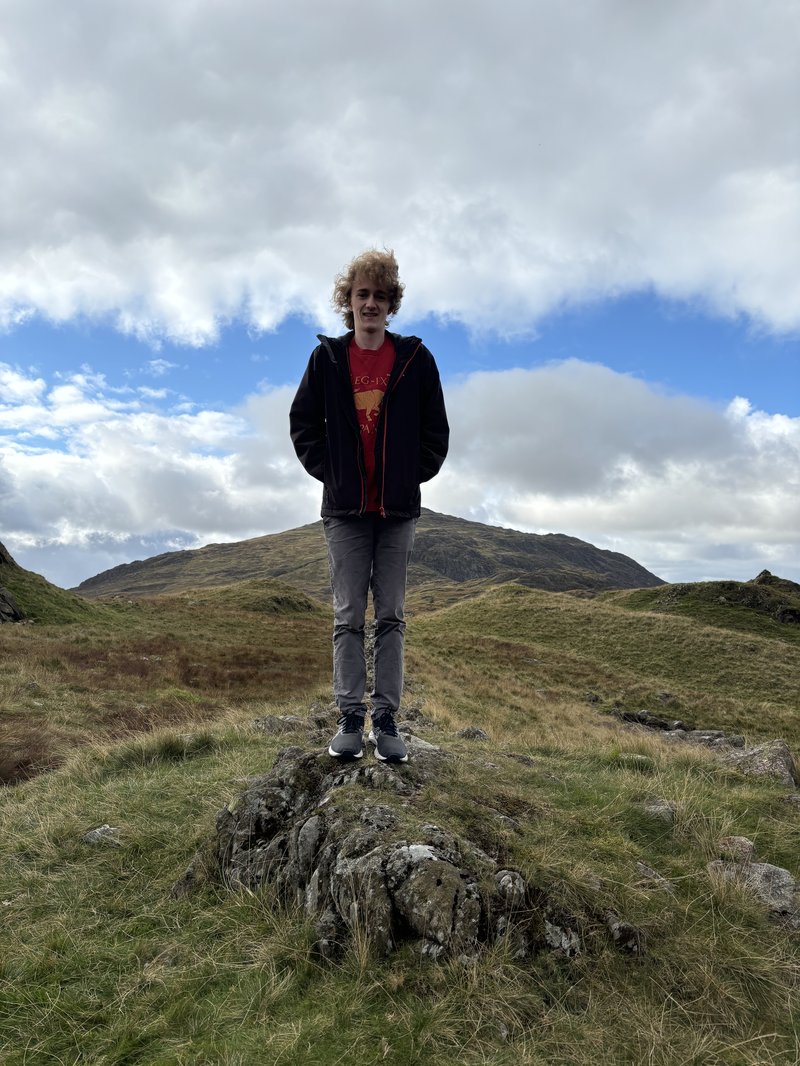
What A Levels (or equivalent) did you take?
Ancient History, German, Psychology and Chemistry.
What inspired you to study at Oxford?
In school I was always very strong academically, so, given the University's brilliant reputation, it just seemed obvious that I would apply to Oxford. The tutorial system was also of particular appeal to me as it just sounded great to be able to have in-depth discussions about the ancient world every week with a leading expert in the field. I ended up choosing Oxford over Cambridge because the latter doesn't offer something like CAAH, and I knew I wanted to focus on history and archaeology rather than literature or philosophy.
What do you like about studying at St John's?
St John's is excellent from a practical point of view. It's directly opposite the Classics Faculty, so lectures and classes are usually only a very short walk away, and is also very close to the Art, Archaeology and Ancient World Library, where all the books I need are. St John's is also particularly generous with financial support, offering various grants which I have used to buy a laptop and various books and attend summer schools and courses. Furthermore, on-site accommodation is available for the whole course at one of the best prices of all the colleges. The tutors are also really supportive and do genuinely care about their students, particularly in the first term when one is still getting used to the difference between school and university.
What aspects of your degree do you find particularly enjoyable or fulfilling?
While it's not compulsory for CAAHists (unlike those studying Classics), there is the option to learn Latin or Ancient Greek. I've always enjoyed learning languages, and it's often quite nice to do something different from the usual reading and essay writing. Another part of the degree is the fieldwork or museum placement, usually between one's first and second years. This entails spending at least two weeks either on an archaeological dig or working in a museum doing something relevant to the ancient Greeks or Romans, and is funded by a grant from the Faculty. I went to Greece for this, though one could go anywhere in the Mediterranean or just stay in the UK. The degree also has a really nice cohort size, usually in the mid-twenties, which means you can get to know almost everyone. The two core modules in the first year (and language options) are taught in mixed-college classes, which really helps with getting to know other CAAHists.
How does life in College compare to what you originally envisioned?
I honestly can't really remember how I expected it would be, which probably suggests my expectations and the reality are fairly similar. That said, one thing which particularly surprised me was the social events with students and tutors, and how friendly all the tutors: I think I was expecting the relationship to tutors to be similar to teachers at school, but it is completely different.
What do you do in your spare time?
St John's has a very active classics society, named after the late Donald Russell who taught at the college for many years. The society organises two talks (of which I am a regular attendee) every term, usually followed by dinner in Hall. Above all, it's a great opportunity to socialise with other people studying similar things. I have also become more involved in the society, having recently taken on the role of Treasurer. Outside college, there are often interesting talks and lectures around Oxford (about classics or otherwise) and I'm hoping to start volunteering at the Ashmolean.
What advice would you give to someone hoping to study at Oxford?
You need to really love your subject. If (like me) you think spending most of your time in the library reading and writing a weekly essay is a great way to spend your time, then Oxford is most certainly for you. Organisation is also important: for managing your time once you're here and the whole admissions process is much more pleasant if you're not doing everything near the deadlines - especially the personal statement.
Nina is a third-year student reading Classical Archaeology and Ancient History (CAAH).
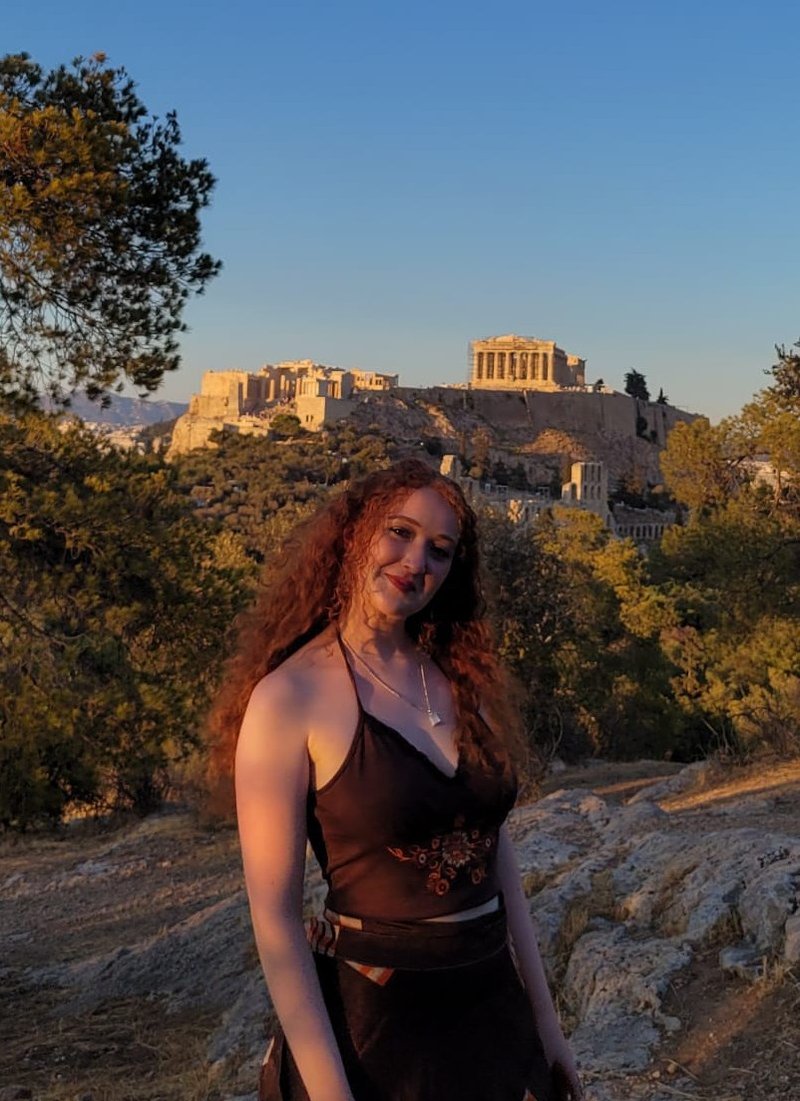
What A Levels (or equivalent) did you take?
English Literature, History, Classical Civilisation
What inspired you to study at Oxford?
I was drawn to Oxford as I went to a large, old school and wanted to go to a university that had a similar atmosphere. Oxford also seemed the best place to study my degree as it ranks first globally for Classics and related subjects, and many tutors publish subject-defining material.
What do you like about studying at St John's?
The St John's community is very friendly and there's plenty of activities and societies to get involved in. What I enjoy in particular, however, is the amount of communal spaces around college. The gardens, Kendrew cafe, the bar, and hall are perfect to catch up with friends. Kendrew cafe also serves as a casual workspace when you need a break from your room or the library. St John's also has many generous grants, such as the Academic and Special grants. I have used the Special grant to aid with travel costs relating to my degree, such as fieldwork. Food in hall and Kendrew cafe are also considerably subsidised.
What aspects of your degree do you find particularly enjoyable or fulfilling?
I loved my fieldwork in Halaesa, Sicily after my first year so much that I returned after second year and plan to do so again after third year. It can be incredibly challenging at times excavating in the summer heat, but the opportunity to excavate an ancient sanctuary and find objects is incredibly exciting. The area surrounding Halaesa as well is beautiful and the people are so friendly.
Being so close to the Ashmolean Musuem and attending handling sessions there is incredibly fufilling. I love being able to look at objects up close and assess their utility and function. Another academic aspect which is incredibly enriching is the tutorial system as it allows you to have a in-depth conversion with an expert one-to-one or with another coursemate.
I have been very fortunate to have made excellent friends with people on my course, and some of us have travelled to Italy and Greece together to explore archaeological sites.
How does life in College compare to what you originally envisioned?
College life has exceeded my expectations. Before I started Oxford I was scared about the workload and anxious that this would impact my ability to have a rich social life. Thankfully however, I discovered that you can make time for your friends and complete your work on time if you establish a good routine.
What do you do in your spare time?
I enjoy socialising with my friends both from inside and outside of college, whether that's in the college bar or cafes around Oxford. I recently went to Oxford Pottery Society with a coursemate which was very fun. More structured activities I have done throughout my time at Oxford include co-hosting a show on the student radio station 'Oxide', being student representative for my course to the faculty, and rowing. This year I involved myself in the John's Drama Society and was part of the ensemble for our enactment of 'Enron'. Part of studying Classics-related subjects at John's means you are a member of the Russell Society which hosts talks and formals several times a term which are always enjoyable evenings.
What advice would you give to someone hoping to study at Oxford?
The application process can be daunting, but if you love your subject and don't mind working hard, do not be afraid to apply. For your application just immerse yourself in your subject and the aspects that you enjoy, watch documentaries and read books and write your personal statement about the things that interest you. Go into the interviews with an open mind and be yourself, there is not 'one-type' of person that goes to Oxford.
